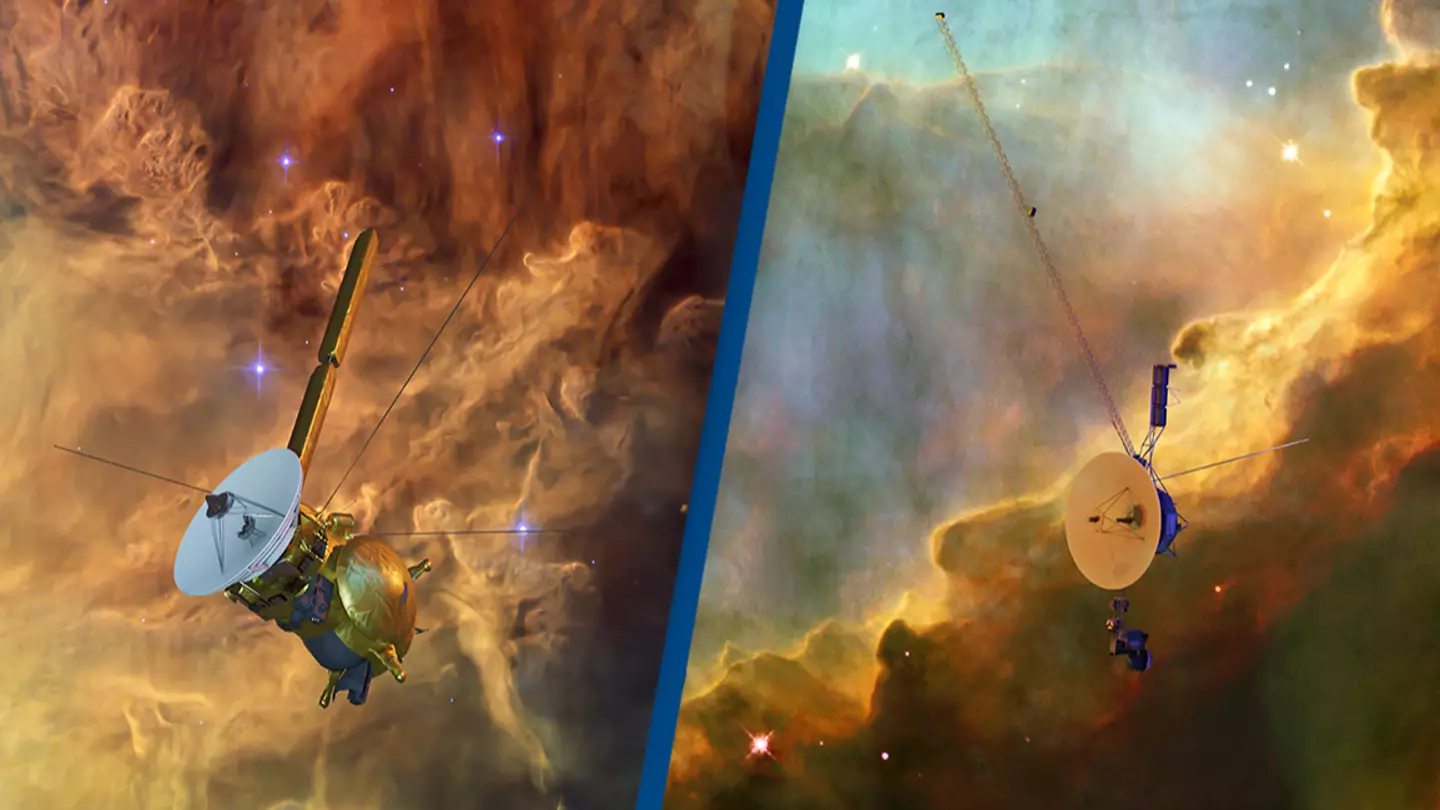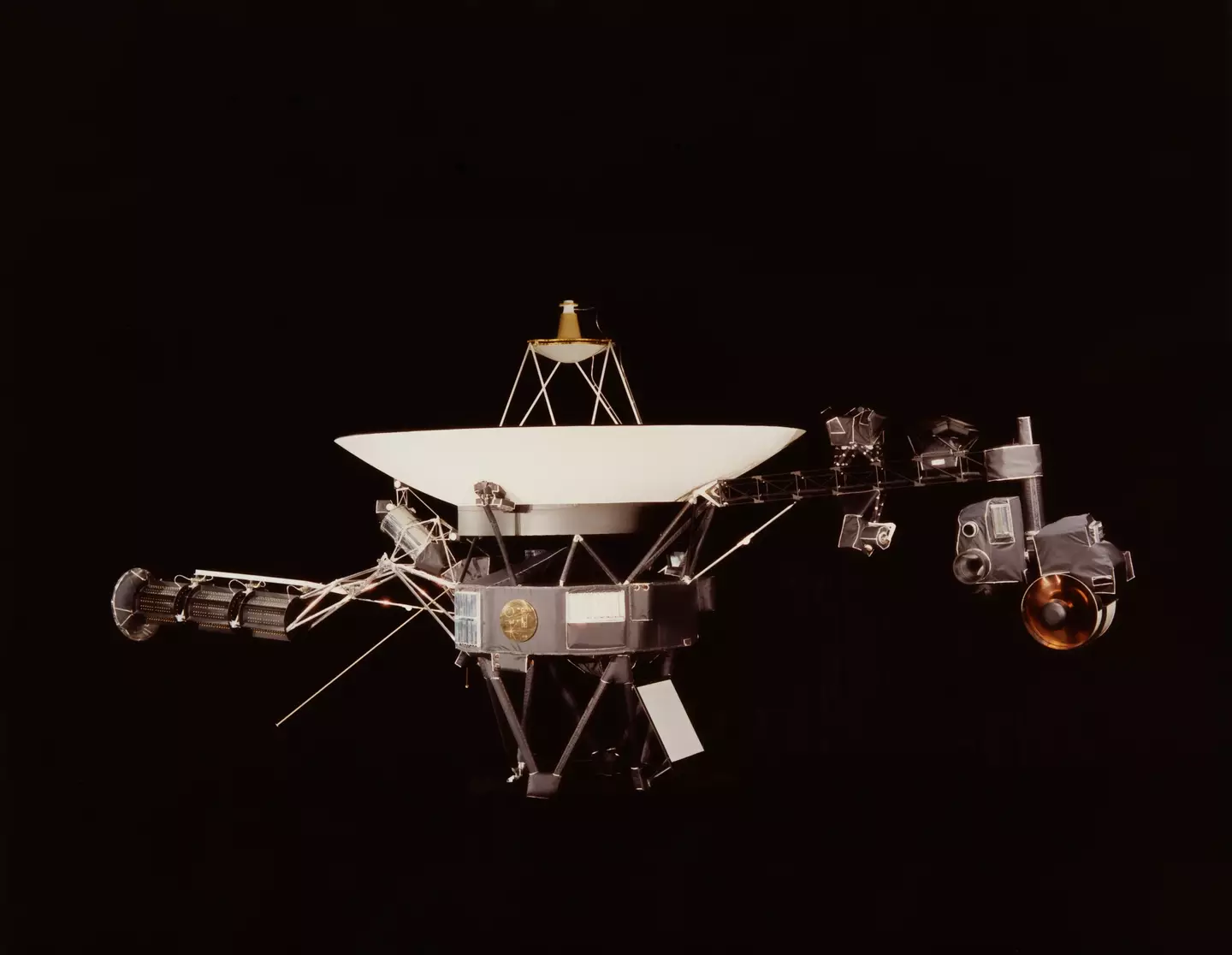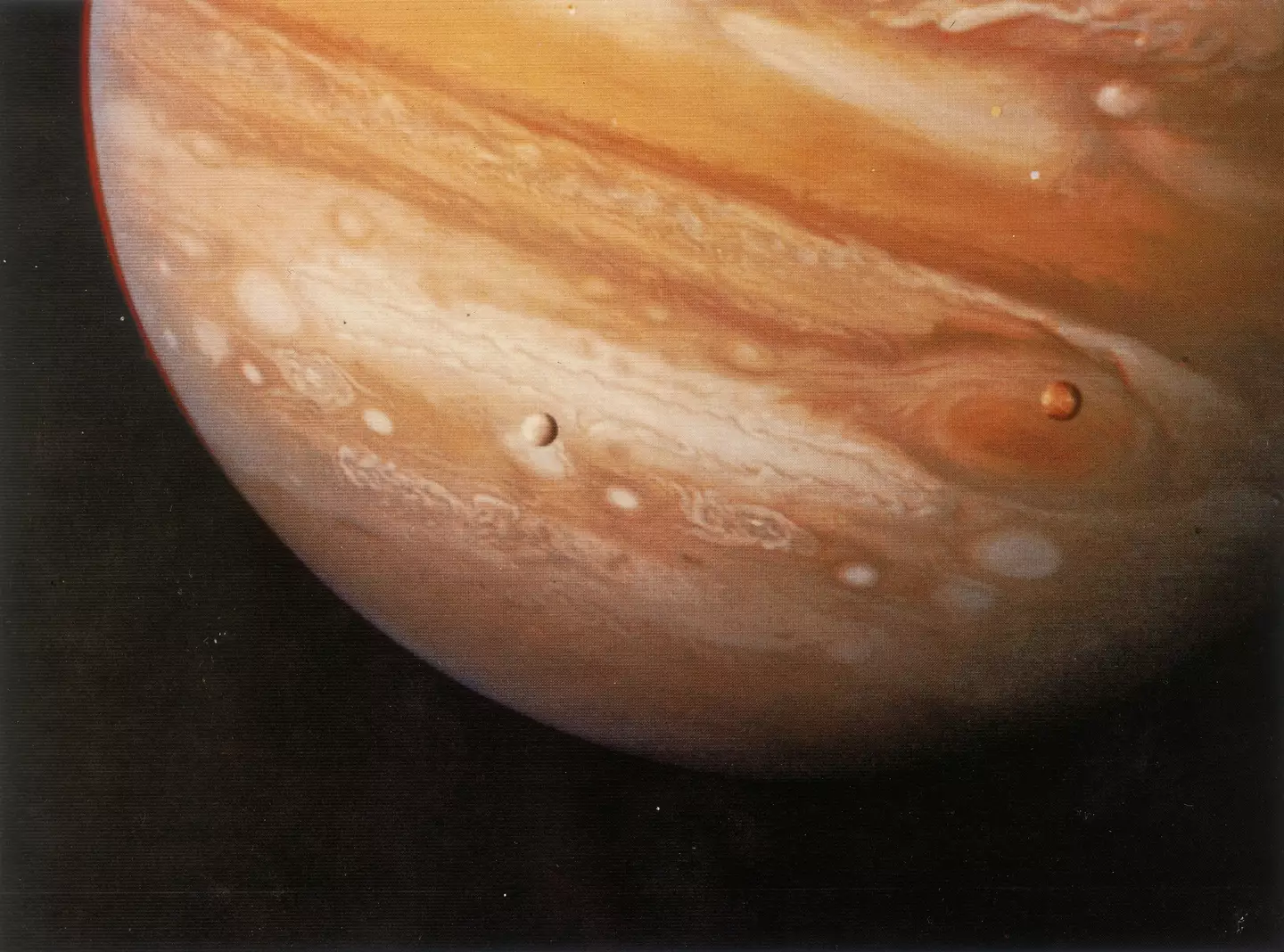
Launched in 1977, NASA's Voyager recently logged in some 45 years in space.
That's a long time to be drifting through the solar system. And all the time the probe has been gathering data about space.
Indeed, the Voyager has travelled farther than any other device made by humans.
In 2012 Voyager left the solar system entirely and is now travelling through interstellar space.
Advert
During that time Voyager has been communicating constantly with Earth, sending back data about the universe and solar system.
But it is also directing some signals outwards deeper into space, where they might be picked up on by an alien civilisation.
In 2023, a team looked at how far into the galaxy the signals have reached and when they might reach a system capable of supporting life.

Advert
And according to the study, which was published in Publications of the Astronomical Society of the Pacific, the earliest that we might expect a reply is by 2029.
A study published by the team said: "These transmissions have encountered and will encounter other stars, introducing the possibility that intelligent life in other solar systems will encounter our terrestrial transmissions.
"By determining which stars Voyager 1’s transmissions will encounter, we identify places where possible intelligent extraterrestrial life would encounter terrestrial transmissions and potentially return transmissions toward the Earth".
But it's not a transmission from either Voyager 1 or Voyager 2, but pioneer whose signals have already reached a star.
Advert
If there happens to be an intelligent civilisation living around the planet then they may be able to reply to our signals.
An alien civilisation replying is the theme of the Carl Sagan movie Contact, where a TV broadcast of the 1936 Olympic Games, yes those Olympics, is sent out into space by accident.
But there won't be a problem with that.

Advert
Senior SETI astronomer Seth Shostak told RealClearScience: "This wasn't the first broadcast, of course. But it was at a high frequency that might make it through the ionosphere.
"However, it would have been very low power, and with a non-directional antenna. The idea that aliens might pick it up is pretty far-fetched."
Needless to say, the signals sent by NASA are far stronger.
Concluding the study, the NASA team says: "We are confident that the surrounding planets of the encountered stars will also encounter the spacecrafts’ transmissions.
Advert
"As the beam travels farther to other stars, this radius will only grow, showing that we can assume that all of the planets orbiting each star will also encounter the spacecrafts’ transmissions."
